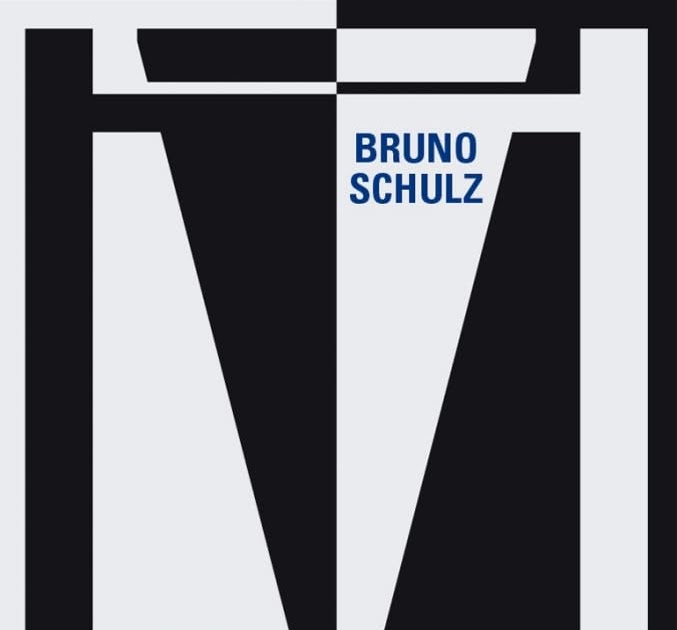
Original Text Language: Polish
Year of publication of this volume: 2025
Translation: Elzbieta Bortkiewicz
Valoración: Highly recommended
Mature It is a volume edited by Siruela. Compile several texts by Bruno Schulz, as well as a good handful of his graphic work.
Among the texts we have two autobiographical novels (although in the prologue of this volume they are called “stories books”, I would consider them novels or, at most, storytelling cycles): “Canela color stores” and “Sanatorium under Clepsidra”. Both are among the best that Schulz has to offer us. They are followed by “El Comet”, a beautiful story, and varied material that includes from reviews, interviews and postfacios to articles about politics.
Since it is difficult to review such an eclectic book as a whole, I will say to begin with that demonstrates the versatibility, imagination and intelligence of Schulz, which evidences why the author is considered a maximum exponent of poetic prose and that allows the reader to enter a universe (not only literary, also graph; not only narrative, also of the unique and personal essay.
Although all the texts compiled in Mature I have seemed an indisputable quality in any of its sections, I admit that my aesthetic predilection has made me enjoy all those that are attached in the narrative, since they allow the overwhelming management of Schulz’s language, as well as his wonderful imagination, shine with unusual strength. I have also been greatly attracted to the issues in them by the author, ranging from family relationships (theme on which the figure between pathetic and sinister of the father predominates, and which in its own way includes domestic service) to eroticism or the layout of a changing and dreamlike city.
There is nothing more to look at any of the passages that make up, for example, “cinnamon stores”, to convince the quality and lyricism of Schulz’s prose. In the first chapter, a description of unparalleled plasticity and sensitivity has already received us that says: «After cleaning, Adela made the shadow appear on the rooms closing the thread curtains. Then, the colors lowered an eighth and the room darkened in the clarity of the maritime abyss, opaciously reflected in the green mirrors, and all the color of the day breathed between the curtains, which slightly waved in the dreams of noon. ” (Pg. 46)
In another magistral paragraph rooted in this same work, located opening a random page, we find the following: “The sky swept by the winds, wide and argénteo, was carved by lines of forces, so tensioned that they seemed to break, by severe grooves, as petrified tin and lead veins.” (pg. 131-132)
I can’t stop mentioning the postfacio that Schulz dedicates to The process by Franz Kafka, where the abstraction praises with which the novel addresses “the interference of the law in the life of man”: “Kafka found in the human language a kind of adequate corporeality, a class of substitute material for those unattainable and inexpressible issues in which he builds and weaves the most often details the structure of the matter.” (pg. 458)
To this postfacio of Schulz we owe another exquisite reflection on Kafka’s literature: «Kafka’s books do not constitute any allegorical image, class or exegesis of the doctrine, they are an autonomous, round poetic reality, closed on all sides, justified in itself and at rest. (…) The work lives its own poetic life, versatile, unfathomable and not exhausted by any interpretations. » (pg. 459)
Schulz’s drawings that close Mature They seem as prodigious as their texts. There is some reminiscence of my admired Alfred Kubin on his bill; Also echoes to the prohibited eroticism present in the girls of Balkus, or the sadomasochistic sexuality of certain sketches of George Grosz.
Source: https://unlibroaldia.blogspot.com/2025/04/bruno-schulz-madurar-hacia-la-infancia.html


